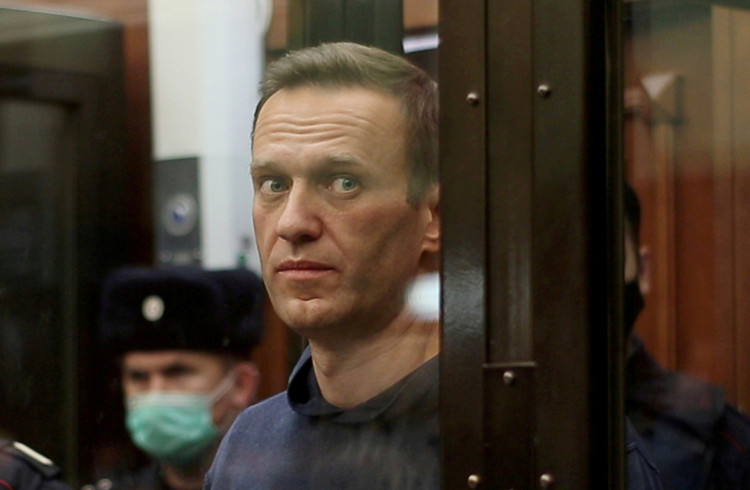A proposal to impose sanctions on Russia over its jailing of political opposition leader Alexey Navalny is under discussion by the European Union, sources with knowledge in the matter said, with the aim of getting Moscow to reverse course.
EU ambassadors met Thursday to discuss the issue, two diplomats familiar with the matter said. All of the leaders of the EU member states reportedly expressed their support and no one objected to passing the proposal.
The EU's plan to imposing sanctions against Russia also comes as Navalny called on the trading bloc to show "political will." Navalny has been under lock and key since he was arrested in mid-January upon his return to Moscow.
Navalny was being treated in Germany after he was poisoned by a Soviet-era nerve agent. He and several Western governments have blamed President Vladimir Putin's Federal Security Service for the attempted assassination.
European Commission spokesman, Peter Stano, said "work is ongoing" on the possible actions to be taken against Russia. EU foreign-policy chief, Josep Borrell, hinted at the proposal earlier in the week when he said that the trading bloc was preparing to take steps against Russia.
Decision This Month
EU foreign ministers are expected to make a final decision on the possible sanctions during a scheduled meeting later this month. This will then be followed by a meeting between the leaders of the 27 EU countries to discuss the bloc's trading relations with Russia next month.
Any decision to impose sanctions against Russia will need all members on board. While most member nations have expressed their support of the proposals to impose sanctions, some have cautioned that the bloc should take a multi-pronged approach towards the issue.
The action by the EU comes just a week after Russia openly criticized the trading bloc for being an "unreliable partner." Russia also condemned the EU for interfering with its internal affairs.
Russia announced last week that it would expel several diplomats from the country for their participation in the protests over Navalny's arrest and imprisonment. The affected EU countries, namely Poland, Sweden, and Germany, responded by also expelling Russian diplomats from their respective countries.





